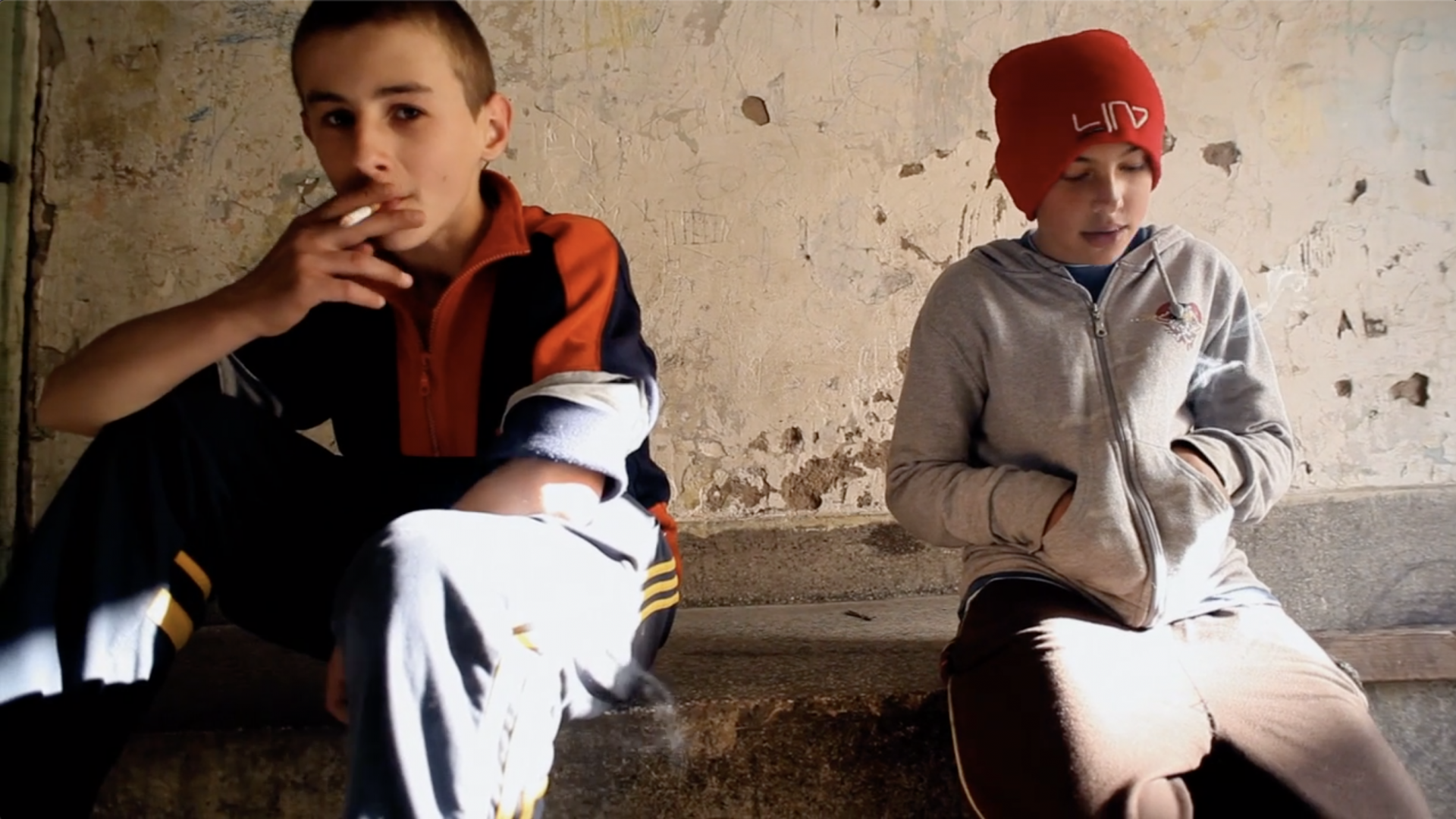
According to a study conducted by the World Bank, more than one million adults and two thousand children aged 10 to 14 in Bosnia and Herzegovina are daily tobacco users. Not only does tobacco usage impact the users, but also creates issues such as exposing non-smokers to second-hand smoke, and experts warn that even brief exposure warrants risk.
Medical doctor Stela Stojisavljevic says that passive smoking (inhaling tobacco smoke from the environment created by others who smoke tobacco and tobacco products) is harmful to the health of both children and adults.
“For people who have never smoked, inhaling of tobacco smoke causes severe difficulties in breathing, a feeling of constriction of the lungs, and coughing. Passive smoking also increases the risk of cardiovascular disease, stroke, and lung cancer and is particularly detrimental to young children as it affects their growth and development,” she explains to Balkan Diskurs.
According to Stojisavljevic, children who are regularly exposed to smoking rooms are more likely to experience ear infections, bronchitis, asthma, and other respiratory illnesses.
“Even brief exposure to passive smoking is a risk to one’s health. In addition to the health effects, passive smoking also has economic consequences: smoking rooms must be painted more frequently, clothes must be washed more frequently, and the need to frequently “air out” rooms during the winter requires the use of additional heating,” she adds.
Another significant issue is the fact that smoking is still allowed inside of BiH schools, despite the numerous warnings of health care workers.
Nusreta Jamakovic, a teacher in Sarajevo, says that the most effective solution would be a complete ban on smoking inside of schools and school districts.
“Another option could be the placement of a cage-like smoking room next to the main building where everyone could see us. I think that many of us would be too ashamed to go out there to smoke and would, thus, opt not to do so,” she said.
One tobacco control measure that has proven most successful, according to Dr. Stela Stojisavljevic, is a ban on smoking in public places.
“A ban on smoking in public places results in a gradual decrease in the number of cigarettes smoked by smokers, which gradually leads to a decrease in the number of smokers. A ban on smoking in public places also reduces exposure to tobacco smoke for the non-smokers that make up the majority of the population,” she says.
The percentage of tobacco-related deaths in Bosnia and Herzegovina is one of the largest in the world. A study conducted by the World Bank warns that passive smoking causes many respiratory illnesses, both in children and adults, and it is estimated that smoking results in nine thousand deaths a year, of which around ten percent are non-smokers who are exposed to tobacco smoke.
Stojisavljevic explains that by banning smoking in public places, a social message would be sent that smoking is not a socially acceptable behavior, which has a proven impact on the attitudes of young people about smoking, and, in turn, could mean they would be less likely to start smoking.
“Education and health care workers should serve as role models and, therefore, it is not advisable for them to expose young people to their smoking habits,” Stojisavljevic says.
As outlined by the World Health Organization’s Framework Convention on Tobacco Control (FCTC), effective measures to protect people against exposure to tobacco smoke require the complete elimination of tobacco smoke from public indoor places.
The draft Law on Control and Restricted Use of Tobacco, Tobacco Products and Other Smoking Products in the Federation of Bosnia and Herzegovina (FBiH) and the draft Law on the Protection of the Population from Tobacco Products and Other Smoking Products in Republika Srpska (RS) fall in line with both the Framework Convention on Tobacco Control and the European Tobacco Products Directive (EUTPD).
In the FBiH, this draft law has been positively assessed and adopted by the House of Representatives and the House of Peoples following the first reading and is currently awaiting its final adoption by the FBiH Parliament. The RS is still awaiting the adoption of the draft of their draft law.
It is a dismal reality that almost 60 percent of young people aged 13 to 15 are exposed to tobacco smoke in their own homes. Almost every BiH household has a parent that smokes and many young people are exposed to tobacco smoke in this way.
According to research results published in the Republika Srpska, 80.7% of adults were exposed to smoking in public places and 53.6% were exposed in the workplace. In addition, among young people aged 13 to 15, 8.6% of boys and 7.1% percent of girls are smokers.
Teacher Nusreta Jamakovic warns of another problem – the increasing consumption of hookahs, which medical workers claim is even more harmful than smoking.
“Hookah is very popular among primary school students and the State needs to find a way to get the use of hookahs under control. At the moment, there is no law dealing with this issue and it is something that needs to be dealt with immediately,” she warns.
Klima Bez Dima is part of the “Reducing Health Risk Factors in BiH” project supported by the Government of Switzerland and implemented by the World Bank in BiH in partnership with entity Ministries of Health, entity Public Health Institutes, and other local stakeholders. To learn more about the Klima Bez Dima initiative and to sign the pledge to protect BiH citizens from exposure to second-hand smoke, visit bit.ly/klimabezdima






